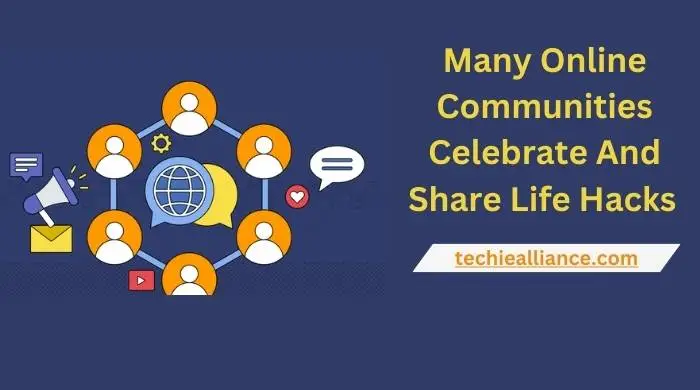Have you ever noticed the human need for connection? It's ingrained in us, driving us to look for companionship, exchange ideas, and become a part of a greater whole. Connecting is what all those get-togethers with family, close friends, and even those nerdy organizations you joined in school are for, isn't it?
This idea was carried over into the digital sphere, where we now have really vast online communities dispersed across social media sites. I promise you that while social media trends change frequently, one thing never changes: online communities.
But wait a minute, not every online area qualifies as a community. Although your livestream viewers or Twitter followers are fantastic, they don't nearly have the same depth and sense of community as an actual online community.
Read also: Social Enterprise Funding Models
Online Community – Basics
An online community is a digital meeting place where individuals who share identities, interests, or objectives come together to interact, cooperate, and exchange messages via the Internet. These communities may be found on a variety of platforms, including social media groups, forums, and niche-specific specialized sites.
These communities are located on certain platforms designed to facilitate simple communication. They are merely online communities made up of people who have similar interests.
For example, Reddit is a large online community where users may debate anything from politics to pets in a variety of "subreddits."Facebook groups give people a place to connect around common hobbies, such as cooking, gardening, or parenting or health support. Hashtags on Instagram help to develop communities for aficionados of fitness, travel, and food (#foodie).
Why Build an Online Community – 4 Important Reasons
Building an online community offers opportunities for connection, collaboration, and growth. It provides a platform to foster a sense of belonging, share knowledge, and engage with a targeted audience.
1. Feeling of Acceptance
Those who feel alone IRL might find a feeling of connection and belonging in online networks. They provide an environment where individuals may come together to support and relate to one another if they have similar identities, hobbies, or experiences.
2. Cooperation and the Sharing of Knowledge
These communities act as forums for cooperation and the sharing of information. Members may learn from and grow from one other by sharing resources, knowledge, and perspectives. Within the community, this common wisdom frequently fosters creativity and problem-solving.
3. Assistance and Self-determination
Members of an online community might get empowerment, inspiration, and emotional support. In these communities, people may express themselves and get support from their peers in a safe and empathetic environment, whether they are looking for guidance, expressing personal challenges, or celebrating accomplishments.
4. Professional Growth and Networking
Numerous internet forums serve certain businesses or professions and are excellent resources for professional networking. These communities provide chances for professional growth, skill training, and knowledge advancement as well as relationships with peers, mentors, and possible collaborators.
How to Build an Online Community [2 Easy & Simple Steps]
Although creating an online community might seem difficult, with the appropriate strategy, it can be simple and rewarding. A lively online community where users feel appreciated and connected may be created by taking easy actions and encouraging real connections. Let's look at a few simple yet powerful methods for starting from scratch when creating an online community.
Step 1: Find a Niche
Every prosperous online community shares a common trait, which is their emphasis on a certain specialization. This indicates that they are experts in their field and offer insightful stuff. Think about the subjects that your audience finds most interesting or helpful when determining your specialty.
Step 2: Define a Goal
Take your time. Take little measures at first!
Setting a clear objective can help your online community have direction and meaning. In the absence of a clear vision, members could not see the benefits of taking part. They must understand what to anticipate and how their participation will help them.

